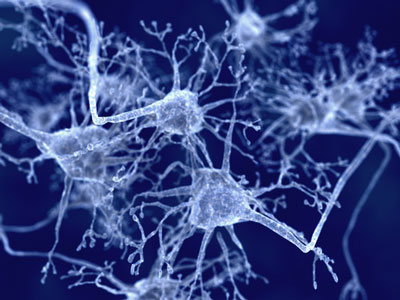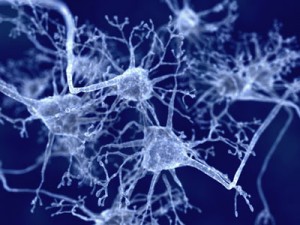NTCELL Phase I/IIa study meets endpoints
Posted: 15 June 2015 |
A Phase I/IIa study of NTCELL, an regenerative cell therapy being studied as a disease-modifying agent in Parkinson’s disease, has met its endpoints…


Living Cell Technologies Limited (LCT) has announced results from a Phase I/IIa clinical study of NTCELL®, an experimental regenerative cell therapy being studied as a disease-modifying agent in Parkinson’s disease.


The study conducted in four patients in New Zealand met its primary endpoint of safety showing NTCELL implantation was well tolerated with no adverse events considered to be related to NTCELL. NTCELL implantation also improved clinical features of Parkinson’s disease in the four patients studied as measured by validated neurological rating scales and questionnaires, with the improvement sustained at 26 weeks post-implant.
NTCELL is the only cell-based therapy currently in clinical trial to target regeneration of brain cells in patients whose symptoms cannot be controlled by current therapies for Parkinson’s disease
“Currently clinicians are able to manage only symptoms in patients with Parkinson’s disease as there are no disease-modifying treatments available that can reverse the underlying progressive degeneration of neurons in the brain,” said Dr Barry J. Snow, a neurologist in the Department of Neurology at Auckland City Hospital and medical director of Adult Medical Services at the Auckland District Health Board. “The positive clinical response observed in this small study of four patients is encouraging and I look forward to evaluating efficacy in a larger study.”
Ken Taylor, Ph.D., chief executive officer of LCT, said, “NTCELL is the most advanced and only cell-based therapy currently in a clinical trial to target regeneration of brain cells in patients whose symptoms cannot be controlled by current therapies for Parkinson’s disease. While this regulatory-enabling study is small in scale, the secondary endpoint efficacy results are sufficiently encouraging to warrant further studies. We are advancing the clinical development of NTCELL and will use the results of this study to design a larger, registration-enabling, Phase IIb study to evaluate its potential as a disease-modifying treatment for patients with Parkinson’s disease.”
LCT plans to initiate a Phase IIb study in Q4 2015
All four patients treated in the Phase I/IIa study experienced sustained improvement in clinical features as seen in UPDRS, UDysRs and PDQ-39 scores at week 26 post-implant. The first patient treated continued to show improvement in neurological scores at 74 weeks post-implantation.
NTCELL is a choroid plexus cell product developed to potentially treat neurodegenerative diseases. Choroid plexus cells help produce cerebrospinal fluid as well as a range of neurotrophins (nerve growth factors) that have been shown to protect against neuron cell death in animal models of disease. LCT plans to initiate the confirmatory Phase IIb study of NTCELL in the fourth quarter of 2015. The study will be led by Dr Snow at Auckland City Hospital. The efficacy and safety endpoints will be the same as those evaluated in the Phase I/IIa study.




